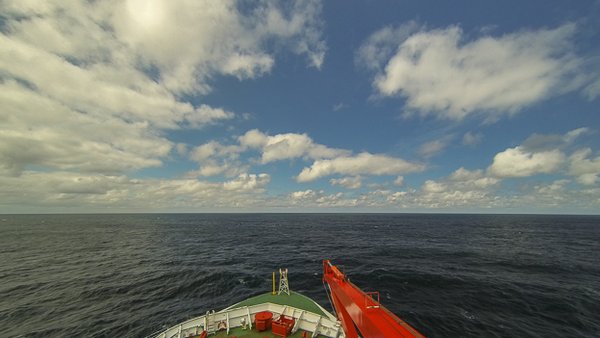Experts warn against geo-engineering: considering the risks of unintended side effects
Davos, 24.04.2014
statements of the International Commission on Clouds and Precipitation (ICCP) and the International Radiation Commission (IRC)
Davos/Leipzig. The recent report of the Intergovernmental Panel on Climate Change (IPCC) has started a discussion about climate engineering in the atmosphere. One of the discussed ideas is to reduce the warming of the atmosphere by artificial clouds, a method belonging to the group of so-called radiation management. Now renowned experts warn. In statements experts for clouds and precipitation as well as for solar radiation state that we have to keep undesirable side effects in mind and do not know enough about these processes.
The International Commission on Clouds and Precipitation (ICCP) warns: "Given the poor state of the current knowledge on clouds, aerosols, precipitation and their interactions, the ICCP does not support the implementation of climate engineering and does not expect that climate engineering can solve the global warming problem. Climate engineering cannot substitute for aggressive emissions reduction. However, ICCP supports conducting research to improve our basic understanding of the processes needed to explore the possibility that climate engineering might contribute to a broad risk management strategy to temporarily reduce some of the dangerous effects of climate change."
The International Radiation Commission (IRC) says: "Geo-engineering of the climate system should not be implemented without considering the risks of unintended side effects. A deeper understanding and quantification of the dominant processes and their impacts on the integrated system is required, including during the periods after radiation management is turned off. The IRC considers it necessary that a comprehensive assessment of all aspects is mature before radiation management is implemented."
These statements were signed also by four scientist of the Leibniz Institute for Tropospheric Research (TROPOS) and the Leipzig Institute for Meteorology of University Leipzig.
links:
ICCP Statement on Radiation Management Climate Engineering http://www.iccp-iamas.org/pdf/ICCP_RadiationManagement_Statement.pdf
IRC Statement on Radiation Management for Climate Engineering http://www.irc-iamas.org/calendar/news.php?id=69
contact:
ICCP members:
Dr. Frank Stratmann (TROPOS): http://www.tropos.de/en/institute/departments/experimental-aerosol-and-cloud-microphysics/clouds/
Prof. Dr. Johannes Quaas (University Leipzig): http://www.uni-leipzig.de/~quaas/index.php?lang=en&content=
IRC members:
Prof. Dr. Andreas Macke (TROPOS): http://www.tropos.de/en/institute/about-us/employees/andreas-macke/
Prof. Dr. Manfred Wendisch (University Leipzig): http://www.uni-leipzig.de/~strahlen/web/en_index.php?goto=team

